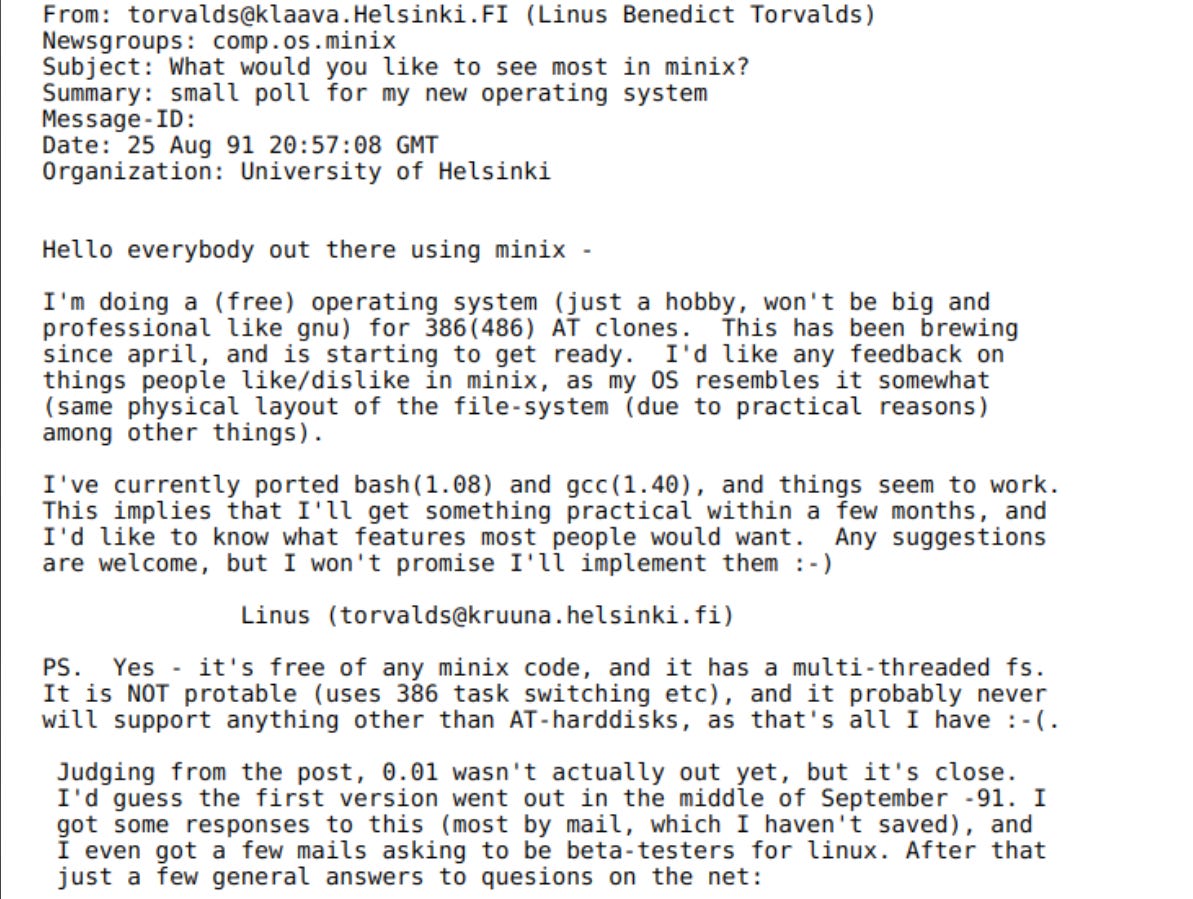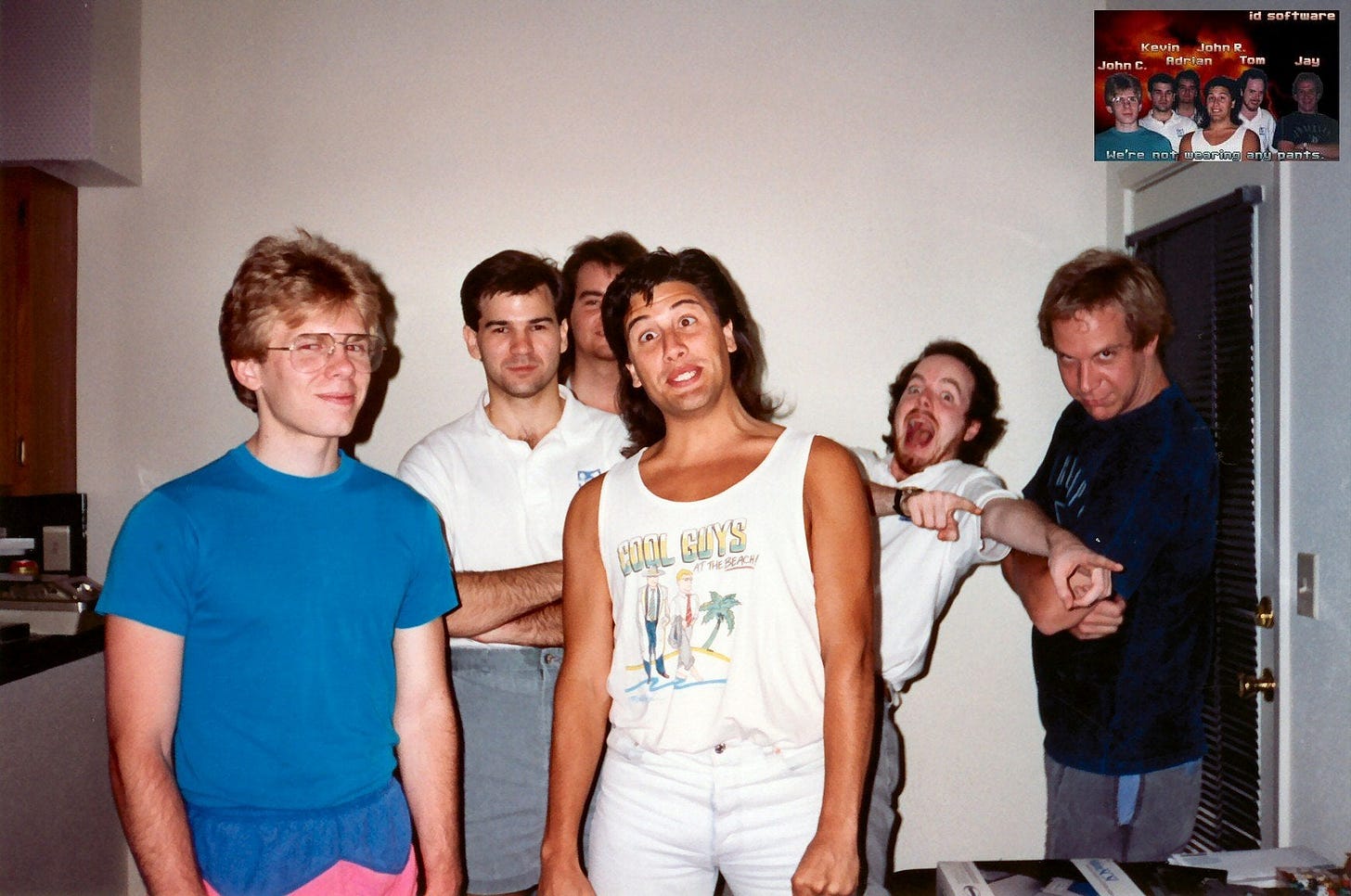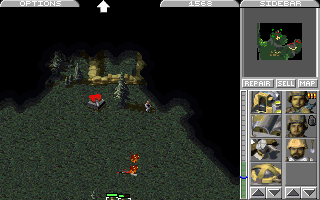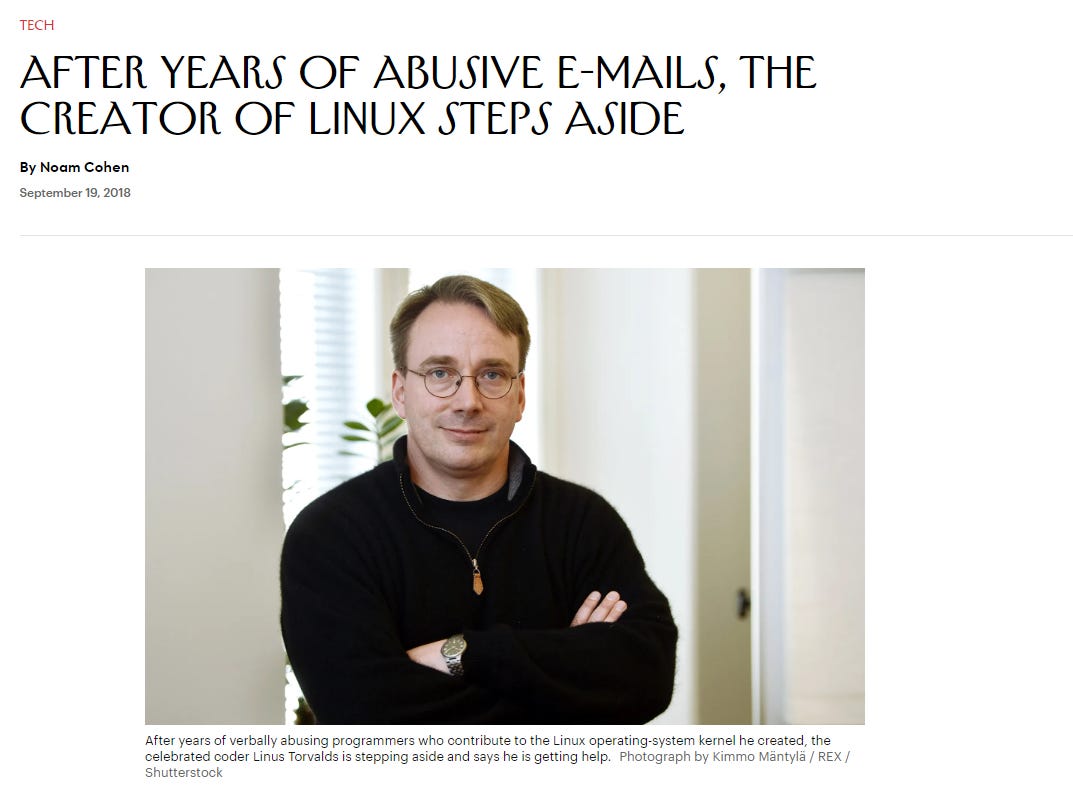The Frontier
“Actually in history when you look at life of true nomads who are always on the move and in open space, they never engage in the kind of depressive introspection and questioning of life that you only see in settled and civilized peoples.”
, Bronze Age Mindset
―
Whenever a peruse a used book store, I always search for the shelves with the oldest, mustiest volumes. The stores display modern genre fiction in the front with rows of mysteries, romances, and other genre fiction voracious readers tear through, buying dozens at a time. The older tomes are usually in the back corner, in a quiet area with hardcover prints and classic fonts etched on, showcasing minimal if any illustration. The lighting is dimmer, the atmosphere serene, like walking past old gravestones. There’s a quality of timelessness about them, and a self-sorting mechanism involved justifying the books surviving over fifty years. They survived for a reason, refusing to be destroyed and demanding to be read again. Such was the sensation I had when a hardbound volume of light yellow pages presented itself before me, the other volumes around it fading from sight.
Robert Glass Cleland was a prominent historian of early California in the beginning of the 20th century. His book, “This Reckless Breed of Men: The Trappers and Fur Traders of the Southwest”, was as much a labor of love as a writing project, as he often “researched” to terrain of the fur trappers with a fishing lure in hand, canoeing over the grand rivers the subjects of his book did over a century ago.
The title is killer, and to this day only a few come close to its visceral power. Every boy and honest man wants to read about such an archetype. There is something pre-rational, subconscious that draws us to them, like they’re the epitome of a core impulse residing in the male psyche that screams to be unleashed, to escape civilized society. As Cleland writes:
The fur trader, trapper, beaver-hunter, or mountain man was a peculiar product of the American frontier. He belonged to a calling that had no counterpart. He started from frontiers at which more cautious pioneers were glad to stop. He was an adventurer to whom danger was became a daily commonplace, an explorer who took tribute of a wilderness and wandered throughout the reaches of the outer West with all the freedom of the lonely wind. He was the predecessor of the missionary, the gold-seeker, the cattle-man, the settler, and all kindred pioneers. The feet of a nation walked his half-obliterated trails, the course of empire followed his solitary pathways to the western sea.
These men would be employed by large trapping companies who set up business under trading posts on the outskirts of the known world. They would be teams of as much as fifty, going out into the frontier for months trapping, braving the elements, and often fighting the natives. They would be under the direction of a leader, who had the full authoritarian control of the party. The penalty of insubordination could involve loss of spoils, flogging, and death. In this pure state of being, there was no appeal. Many came from prestige who wanted adventure, other came from poor means that knew no other way to survive. In the open space of the West, there was no esteemed title. You would either lived or died. Nature had final say.
As civilized as the environment these pioneers grew up in, cruel Nature forced reversion to one of the most primal social forms, the male tribe. These weren’t family men, though some would raise families if they survived long enough to make their fortunes, but often they lived for the moment. Many took the earnings they spent months fighting the elements the attain buying provisions for the next expedition, followed by a few days of glorious abandon drinking, gambling, and sexual escapades with the local native women. Then they would pack up, head West, and do it all over again.
There was a carefree nature to these men, who seemed to recognize they likely would not live long. They had no conception of what happened next, no care for what their existence meant. They had an instinct that delved in their very being, telling them there was a wilderness to conquer, and they had no choice but to follow. To deny those vast rivers, forests, and mountains would be to deny their own existence.
They were an early part of the bittersweet story of the American West, fought for and won by the most hard-boiled and resilient of men, and their own success creating a world that had no place for them. As settlers came in, infrastructure was built. As the warring tribes were defeated, civilization spread, and soon there was no place for hard, gruff, individualistic men who couldn’t be in their best behavior in town. The primal nature of these trappers became a liability as business moved in on areas they tamed, claiming it as their own. The West was won, and a swath of rough men who conquered it lost.
An important aspect of the West was it was open to all and not just those of well-to-do means. Even the companies making camp in the trading posts were totally dependent of the coarse men who guarded its walls from enemies. When space opens up to the world, and any man can take part, there is a radiating, unyielding energy unleashed that can’t be tamed.
Such is the story of how lands are conquered, and as exploration in physical space and advances of technology find new frontier lands uninhabited, there’s a breed of men who are first to go headlong into adventure.
The Nature of Space
Struggle for space—A healthy animal not under distress, not maimed, not trapped by man, seeks first when young: space. Animal seeks space in physical sense, territory. But this meaning isn’t crudely physical, I give this as vivid image which is true for many animals that seek ownership of concrete territory. But more generally you must take it to mean something else, space to develop inborn powers.
Bronze Age Pervert - Bronze Age Mindset
Above all, a man’s most intrinsic desire is to conquer space. This takes many forms, whether it is mastery of a skillset, mental conditioning, or literally exploring unexplored lands. It an impulse that goes underneath conscious thought, a core biological necessity of what it means to live. Its will is deeper than even sex. The drive for space is the drive to increase one’s presence in a realm, ones own power over his environment. It’s an amoral impulse, responsible for both the saint and the serial killer, the philanthropist and the warlord, the frontiersman and the occultist.
Most of all, conquering space means agency, the ability to use tools, discipline, and instinctual knowledge to impose one’s will upon one’s exterior and interior world.
The king not only has his body to direct the world, but also his soldiers who follow his commands, the reverence of the common man to his edicts, and the submission of his enemies to his power. The land and people becomes the arm of a singular man who, while never having total control, can extend his agency across the realm.
The monk sublimates his body to the mind, where the throes of hunger no longer daunt him, the pain of boredom never enters his humble cell, and the delicacies of the world no longer hold sway. His thoughts and meditations extend to the realm of the pure Being without distraction. No temporal force can agitate his faith, nor can the wiles of fame and fortune turn his head. He has total control of his Self, and full agency to fulfill the will of the Great Mover of all things.
The frontiersman has no care for the competitions and politicking of civilization, yearning instead to witness Nature in its most pure form. The places where civilized man fears to tread, he escapes to with solemn joy. He’s drawn to these lands far away from any town, far away from the inanities, gossip, and fakery. He wills to see the world as it truly is, and make it his own. Whether a scientist fighting in his lab for the secrets of the universe or the unitary woodsman, their isolation is a blessing, their loneliness a beloved friend.
The frontiersman is the deepest, most pure form of the aspirations of men, the type of man that makes every other type possible. The story of every people always beings with a founder who is created from nothing to inhabit the great expanse or someone who, directed by his god, journeyed to found a new people in a new land.
The Computing Space
At our computer club, we talked about it being a revolution. Computers were going to belong to everyone, and give us power, and free us from the people who owned computers and all that stuff.
- Steve Wozniak
It’s hard to explain to non-computer nerd what it was like to live in the initial phases of the home computing revolution, the tail end of which I was blessed to grow up in. For decades computing was the domain of a small class who worked in universities, government research facilities, and large corporations. The sheer enormity of the machines relying often on punch-cards, along with their expense, left a mass of curious hobbyists without the means to test this new technology for themselves.
The 1970’s slowly changed that, and the first home computer kits were released to the public. The first advertisements for machines, consisting of only switches and lights and not even a terminal, seemed to relish their product’s complexity. These innovators were looking at these curious nerds straight in the eyes, and saying “The computer is affordable now, but are you sure you can handle it?” There was no mass, ready for production, off-the-shelf construction. If you wanted this computer, they would supply the parts, and you would assemble it. With no hand holding you would sotter the wires, connect the power supply, screw in the chassis, and pray you didn’t make a critical error that burnt it into a useless hunk of metal. While the very limited programming only interested a small subset, they were the first pioneers who saw beyond the simple lights, and glimpsed a new world opening up.
Many rose to the challenge, and events only got more exciting.
Mad geniuses entered the picture, men whose concern wasn’t money, or fame, but the love of exploring new realms. One of these pioneers, Steve Wozniak, singlehandedly revolutionized this sphere with the Apple II he developed, featuring a full keyboard, screen terminal, and disk drive. The realm of physical punch-cards and switches evaporated, and the terminal gave it’s beckoning glow to a land of pure abstraction, powered by the cold, pure logic of the microprocessor residing within.
Steve Wozniak’s innovations were the equivalent of dynamiting a trail through an impenetrable mountain, and soon everyone wanted to explore. This world, once a domain of only the most adventurous of tech bros, got its first tourists and small businessmen as early programmers created the first applications that were of interest to the everyman. They developed spreadsheet and word processor apps for business, math software for academics, and video games for recreational users. Programmers tore through the electric wilderness, and digital towns were built behind them.
As computers became more ubiquitous, early adopters found a new realm of communication, the first real social media, USENET. For the first time in history, interactions could be done throughout the world in a public format, and laymen could grapple with subjects with professors in universities and random hobbyists the world over to discuss, debate, and collaborate. While the price-tag of computers was affordable to anyone of reasonable means, the complexity and lack of hand-holding ensured only the most intelligent could enter this realm. This unique combination allowed the top minds of society to communicate regardless of station, culminating in one of the most famous messages in history from a then unknown university student named Linus Torvalds:
The next year he famously got into an hilariously brutal exchange with Andrew Tanenbaum, the author of MINIX and a giant of early computing in his own right.
You use this as an excuse for the limitations of minix? Sorry, but you
loose: I've got more excuses than you have, and linux still beats the
pants of minix in almost all areas. Not to mention the fact that most
of the good code for PC minix seems to have been written by Bruce Evans.Re 1: you doing minix as a hobby - look at who makes money off minix,
and who gives linux out for free. Then talk about hobbies. Make minix
freely available, and one of my biggest gripes with it will disappear.
Linux has very much been a hobby (but a serious one: the best type) for
me: I get no money for it, and it's not even part of any of my studies
in the university. I've done it all on my own time, and on my own
machine.Re 2: your job is being a professor and researcher: That's one hell of a
good excuse for some of the brain-damages of minix. I can only hope (and
assume) that Amoeba doesn't suck like minix does.Linus Torvalds
While the 1980's had its share of genius programming written by prodigies, the chips could not keep up with their imagination, and limitations kept grand visions from coming to fruition. In the 1990’s you had industry veterans in their 30's who finally had the processing power to see their grand visions on the screen, and countless up and comers who pored over computer manuals since middle school and had the opportunity to harness the new technology’s potential. Standardization couldn't keep up with the the frantic acceleration of processing speed, and there was no friendly game engine to write your games on. Everything was from scratch, and the hostile, non-compliant compilers of the time separated the men from the boys.
This spawned the most legendary duo in game development, John Carmack and John Romero. Carmack was a prodigy who would get arrested for breaking into his high school in the dead of night to program. Weak deterrents things like windows and trespassing laws proved incapable of restraining the young man from his destiny. Romero was a loose cannon, not as skilled with code as Carmack but still a prodigy of the time. But Romero knew what fun was. Together they would create id software, a name that would encapsulate their company's philosophy of sating men's most intrinsic needs.
While there were many 3-d games before their breakthrough game, Wolfenstein 3d, none came close to the liminal, frantic energy unleashed. Every moment of play felt like you were injecting testosterone directly into your veins, wiping out swaths of Nazi men, Nazi mutants, Nazi dogs, etc. as you careened through room after room picking up new weapons and opening secret doors. The technology was being mastered, and the manic energy of the new realm finally came into full view. id Software, of course, made Doom soon afterwards, and continued their masterworks with Quake to transform the action landscape forever.
However, even with these achievements, there was another series that encapsulated the era the best.

While the era had a multitude of games and innovations that forever transformed computing, the series that always struck me as the pinnacle of this hyper-masculine and raucous era was Command and Conquer. It was one of the early Real Time Strategy games, mixing twitch action mechanics with military planning and tactics. It came into being just as full motion video in computer games became a reality, and the hilariously campy b-movie quality gave it a surreal unreality, making the player just grin and embrace the lunacy. While there were technically two sides to play, everyone wanted to be the anarchic Brotherhood of Nod over the sterile and boring Global Defense Initiative. Add commanding dozens of troops, tanks, and bizarre other-worldly technology over a grand game board against an online opponent a world away, and the recipe was explosive. Once the lead song hit, nothing on this Earth matched the excitement.
The experimental era soon came to a close. Product teams and budgets increased dramatically, allowing less room for innovation. As teams increased, the sticklers for performance who tried to get every ounce of performance were put to the wayside in favor of standard practices. This new strategy, while unable to take advantage of every nook and cranny of the processors, was more predictable and less dependent on solitary genius. The projects could scale with the workmanlike discipline of a team of developers. Some pioneers of the era learned to work with larger budgets, impatient executives, and constant delegation. Many did not.
Owned Space and Opening New Frontiers
Now in all this you see this idea of space or territory that is already closed and owned. And this brings up the question of who or what this force is. I think the answer to this problem isn’t so simple, but one feature of this new condition in modern age is that the masters are hidden. That is even why this condition of subjection seems so suffocating, because they hide, and so there is no opportunity for open and manly challenge.
― Bronze Age Pervert, Bronze Age Mindset
In the next decade, the whimsical, chaotic energy of early computing had largely vanished, stopping along the time cell phones became ubiquitous. While there are innovations in artificial intelligence, communications, and the internet of things by fearless independents, most of these fields involve large teams with an incredible amount of capital. Everything is consolidated and standardized. Those young men did a good job, and everyone moved into their tamed realm.
The old guard has found themselves in a more constricted world, a world more interested in conformity to social norms than the pure realm of innovation. These old-school men clash with a new generation with no stomach for the harsh world they conquered.
The individualistic pioneer world of this generation has been washed away, and nowhere can this be seen more than in the AAA gaming sphere, where any semblance of chaotic fun, and appeal to the limbic wants of men is considered verboten, worthy of nothing more than ridicule. The social media space has gone from the ruthless debates and trials by fire between the smartest men in the world using USENET to the stale interactions with attention seekers, midwits, and bots. The male id, chaotic and reckless, has again been suppressed to make way for “civilized” society. More and more, modern computing is owned space.
So what now? We could be nihilistic, lamenting that yet another world has been conquered, and the next generation of men will have to be satisfied with a technological longhouse as spaces become more restricted, under the panopticon like eye of the security state. We could cry that the innovations of these great men only created the shackles of their own enslavement. Or maybe another adventure, the ultimate adventure, is awaiting man.
I'm going to the one place that hasn't been corrupted by capitalism... SPACE!
Premier Cherdenko - Command and Conquer: Red Alert 3
Private companies are again making possible something that was once only available to the elite. The rise of computing and the innovations of the next generation of pioneers are coming close to unlocking space for the everyman.
This may not start as a personal flight through the cosmos, but being able to send one’s own resources upwards. Imagine a world where you can pay for your own personal small satellite to enter orbit, program the drone to traverse known space, make trips around Mars for fun, all from the comfort of your own computer. As it becomes more and more trivial to send objects into space, so will a new frontier for space hobbyists open, no longer reliant on telescopes and official government probes, but controlling a probe of their own.
As flights become cheaper, space tourism among the rich will be a thing, and afterwards the price will trickle down. Other companies will allow more adventurous excursions (after a very strong contract denying liability), travelling to local asteroids. New space stations, many private, will swarm the thermosphere. There will soon be a band of pioneers not employed by any government residing in space. Advances in AI and computing will allow swarms of bots to land in asteroids and planets to begin work to make them inhabitable by man.
Now you may laugh, saying governments will never allow this to happen. But many influential people are betting the government won’t be able to stop them, and nothing is more dangerous than barring a man from conquering unknown wilderness. It’s the sort of restriction that will drive an ambitious man driven by his pure id to declare war on everyone.
Governments may succeed for a while, even a couple of generations, but the signal can’t be stopped. We have the technology to do it, and this generation is creating an elite that knows the stifling conformity of modern civilization can’t hold, and just needs a push.
Whether it be the first great ships that travelled the world, the deep sea explorers betting their lives on a few inches of metal, or the eccentric physicist slamming atoms together, there’s a search, a sense of something lost. Something deep in the recesses of time, back when the cosmos were created, lies the cure to the hole in his heart. He knows that the trappings of the world he lives in isn’t his final destination. There’s something out there beckoning this reckless breed of men to reclaim it and become whole again.
Let’s hope they find it.
Thanks for reading Social Matter. As always, if you enjoyed this article, please consider subscribing and sharing.




















I NEED to get my people on Mars. My blood boils with want to be ancestor of "those red bastards!" rebelling against Earth scum. A land of manly men doing manly things, like scraping by in an existence that makes the Inuit look soft.
It feels fitting that such a masculine endeavor has an air of Musk.
Incredible piece. The first section of this reminded me of a passage from a book I'm currently reading (even though it's not directly related):
"The end of the frontier struck most Americans, not least Turner, as a change for the worst. The frontier had given America its egalitarian stamp: people who chafed under the yoke of Boston Brahmins or New York nabobs could simply move west. Now even the West was settled - and San Francisco had its very own Nob Hill. The frontier had acted as a guarantee of America's rugged individualism. Now America was going the way of decadent Europe and becoming a settled civilization. The frontier had given America its endless sense of possibility. Now even the vast spaces of the West were parceled out and divvied up."